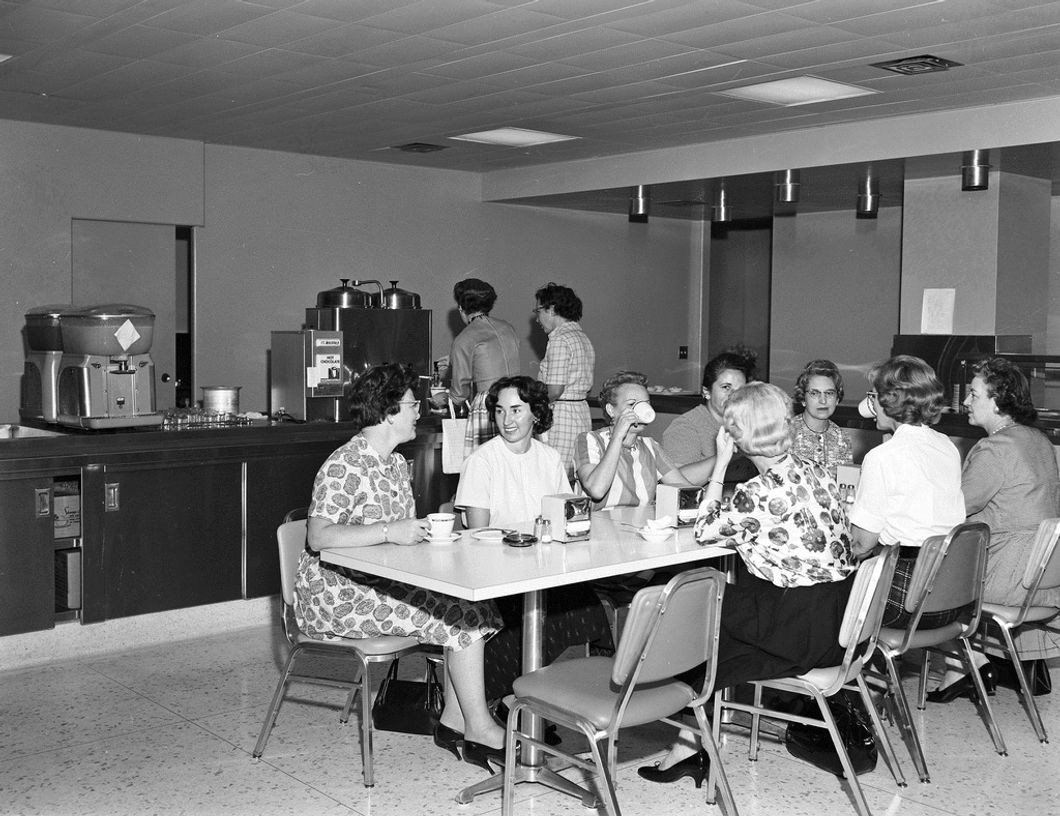As Americans, we spend 40+ hours a week working, and most of us work in an office or closely with others. We spend more time with our coworkers than we do with friends and family, making it a delicate relationship. Whether we like each other or not, coworkers must uphold a level of respect for one another and the workplace. We naturally get comfortable over time; forgetting that we have a direct affect on who we work with and their comfort. Thanks to being indoctrinated early on with a social contract that tells us to avoid conflict by ignoring issues, trivial things can turn into major issues.
The good news? There's a way to resolve these issues that doesn't involve direct conflict between coworkers – self-analysis. As upstanding citizens, it's our responsibility to measure our effect on those around us. Are we hygienic, respectful, helpful, aware, communicative, etc.? Don't wait for others to get so tired of you that they have to confront you about it. Take time to reflect on yourself and things you may do that have an impact on others.
The following are some common ways in which we negatively affect our coworkers that can be easily rectified:
Bad Breath

Fix bad breath immediately
GiphyYelling in the Workplace

Don't yell in the workplace!
GiphyNobody likes when someone yells. In today's age of messaging via inter-office communication, there is never a need to yell. Additionally, it can be harmful to whomever you are yelling at/for. It suggests that you think of them as lesser and they need to obey commands. Healthy, successful workplaces don't involve people yelling to one another for duties or information. Along with how it's perceived, it is a disruption to others who are trying to stay focused on their goals.
Communication via yelling is usually something we are brought up with. It's not seen as anything other than a good way to communicate across living rooms to those who do it. But there is a reason we use inside voices. They aren't distracting and convey a more respectful tone. If you yell frequently, take a moment before following through and try a different method of communication. Your office will thank you.
Cultural Sensitivity

People are sensitive
Giphy14% of the US populations was foreign-born. That means most workplaces are comprised of a few people who have different daily practices, food preferences, communication styles, and more. Some may be advantageous and adapted, and others might not mesh as well. Differences can be divisive, and we have recently begun to appreciate the power of sensitivity. "Ribbing" one another is a sign of friendship – coworkers blowing off steam and poking fun at one another is a symptom of comfortability that does enhance workplace happiness. However, some people with different background may not perceive this "fun" as amicable.
With the integration of other cultures, try asking questions and getting to know them on a personal level. Ask:
- Tell me about your traditions and celebrations.
- What are some incorrect assumptions people have about where you're from?
- Do you have any questions for me?
These questions open honest and kind dialogue between you and them, which leads to a better understanding of one another. If not, you may never know who you're offending in the workplace.
While these are 3 things to change and be aware of, self-reflection should include our acknowledgement of positives as well. For every negative point about ourselves we find, identify two positives. We are unique individuals that have something to offer to our coworkers. It's a matter of being self-aware, being a team player, and making changes so that you're a positive force around people you will spend most of your time with.

















